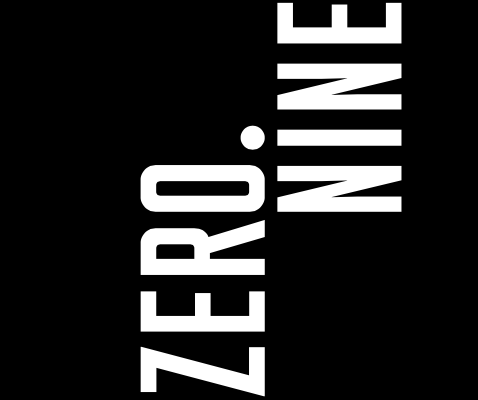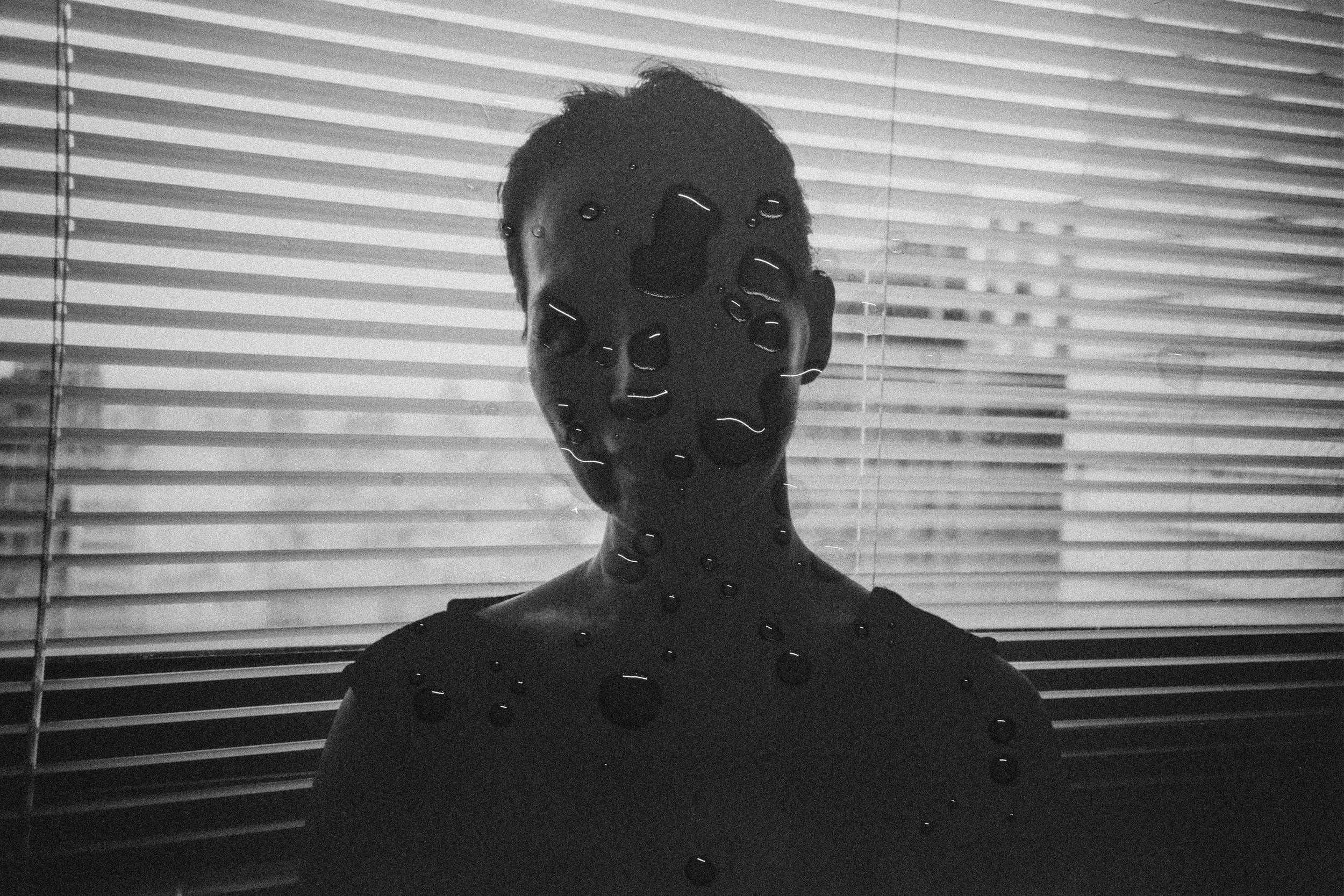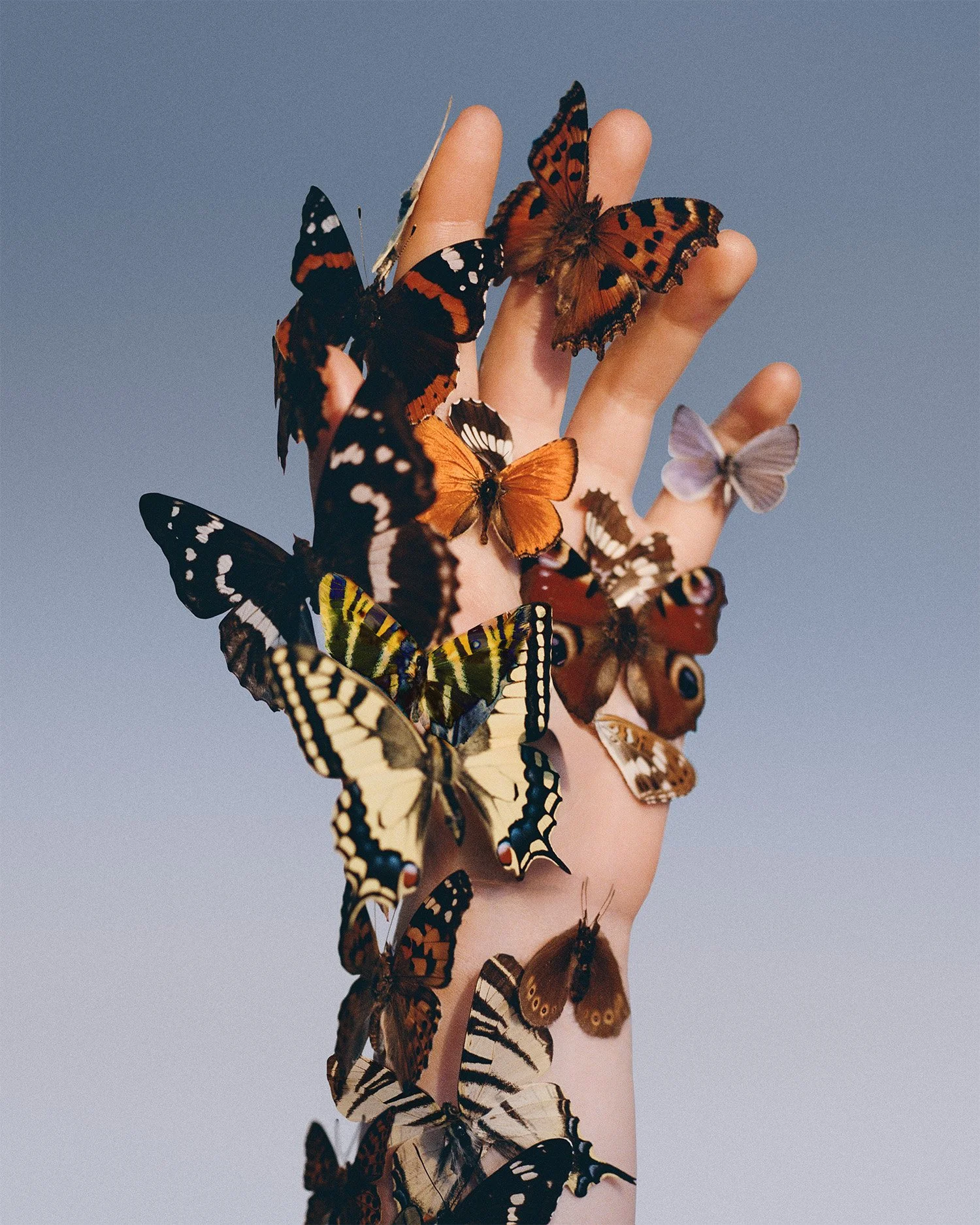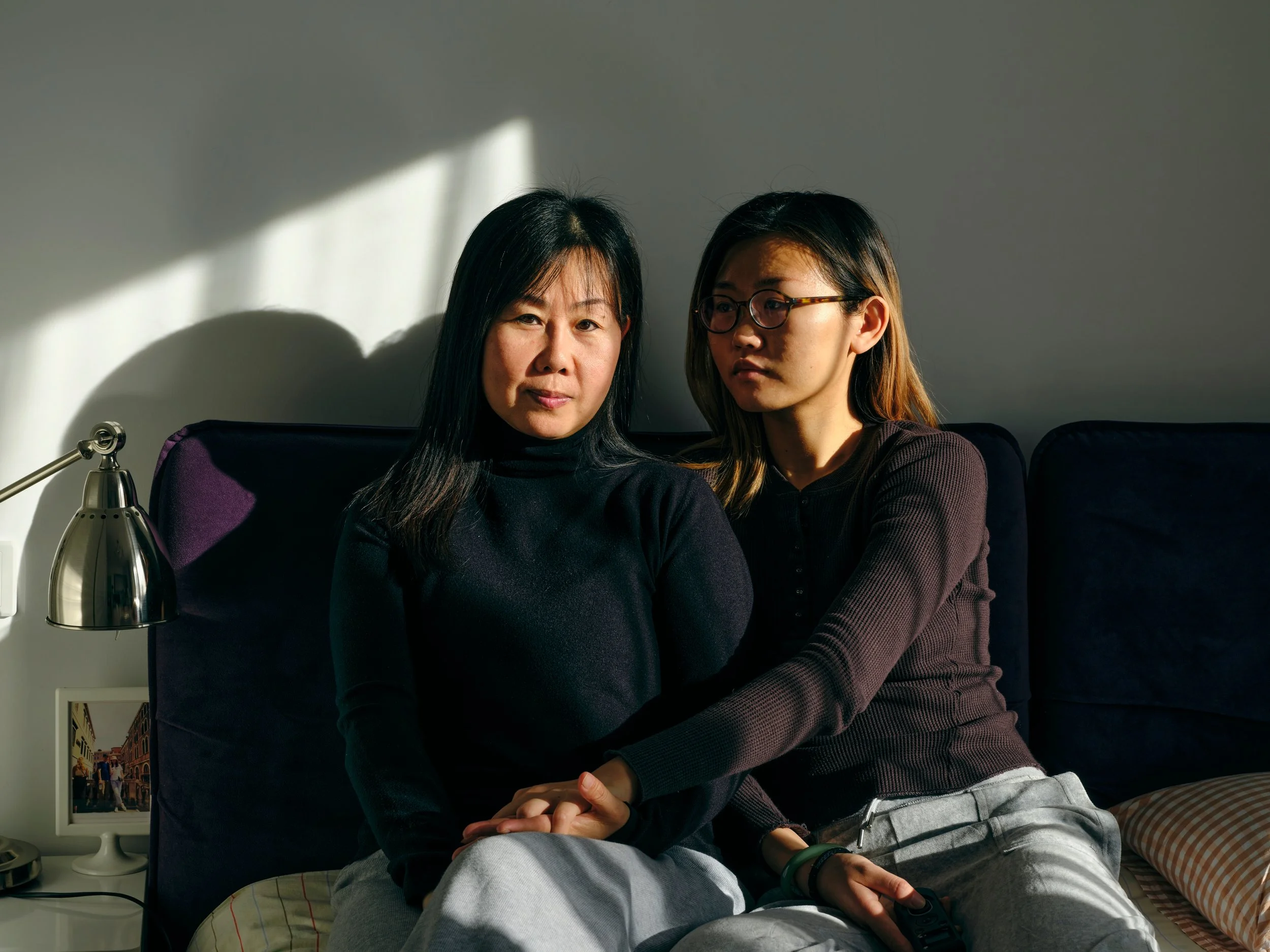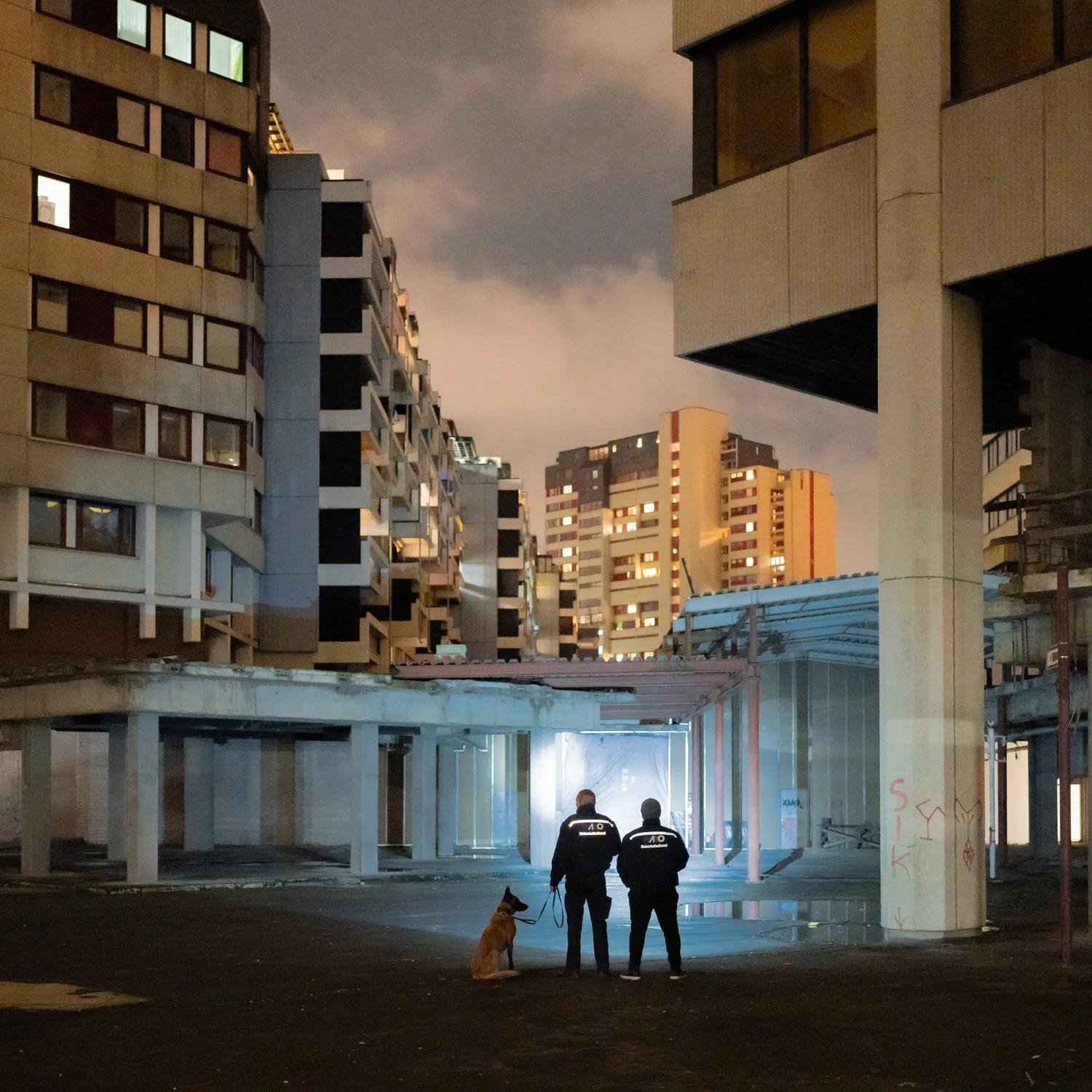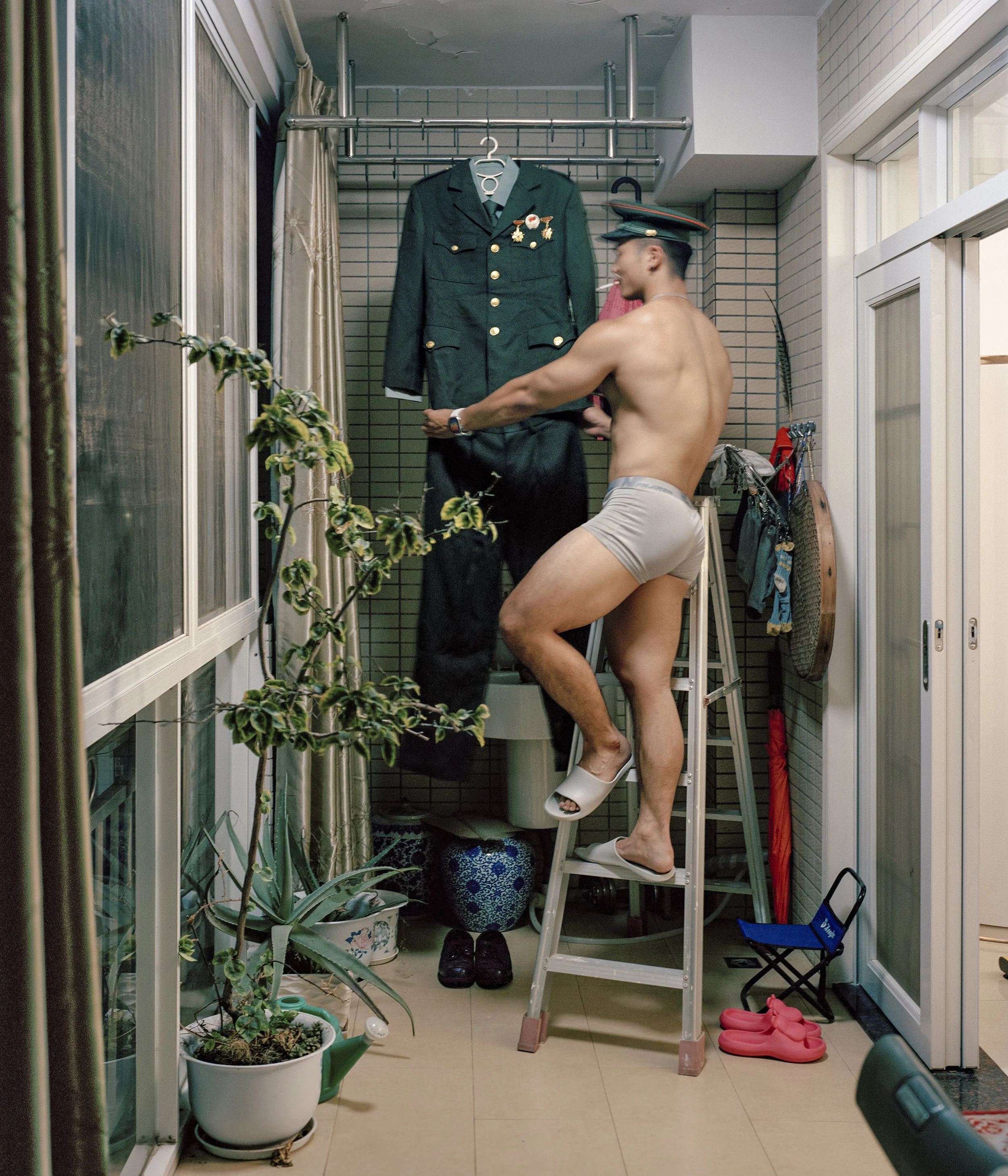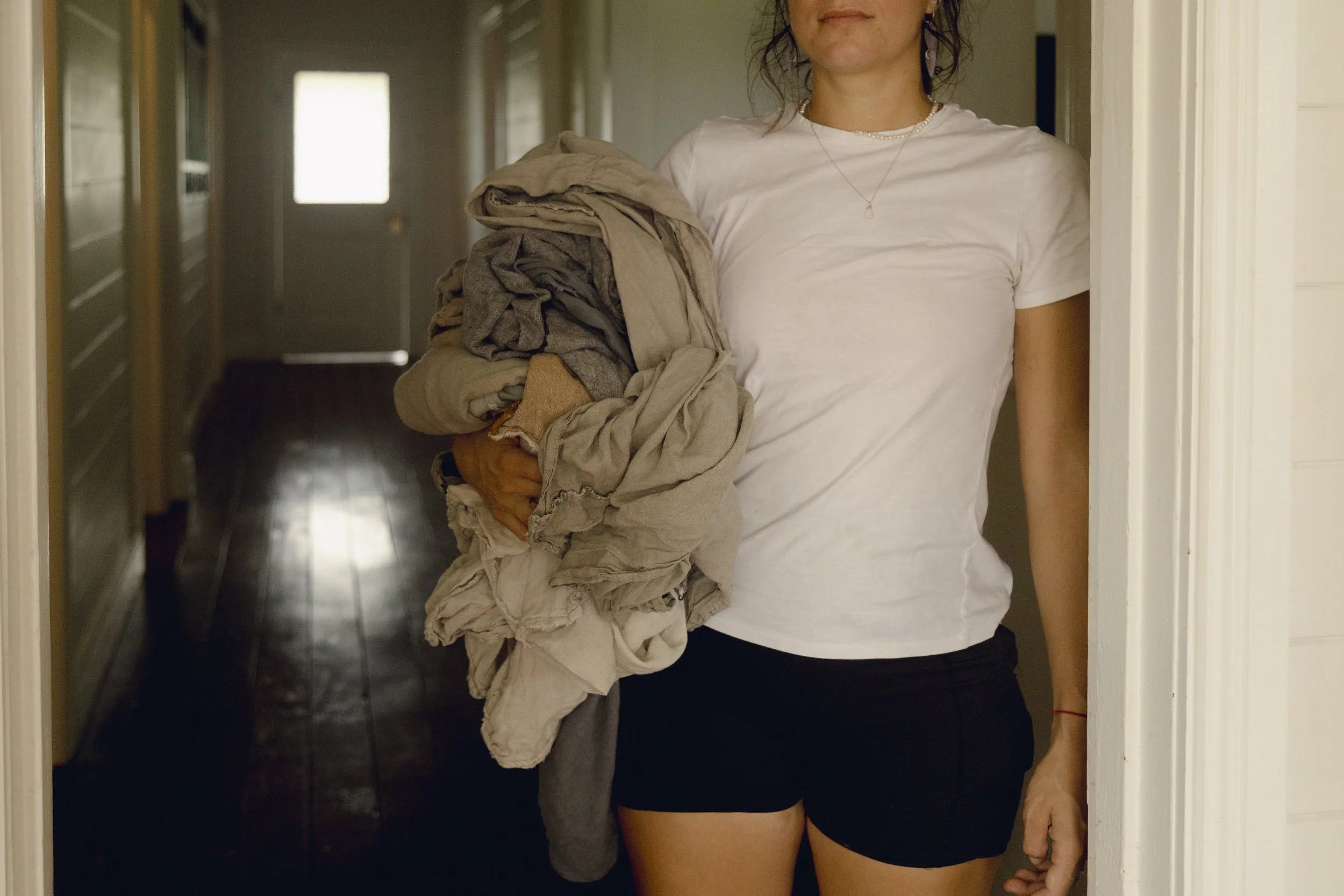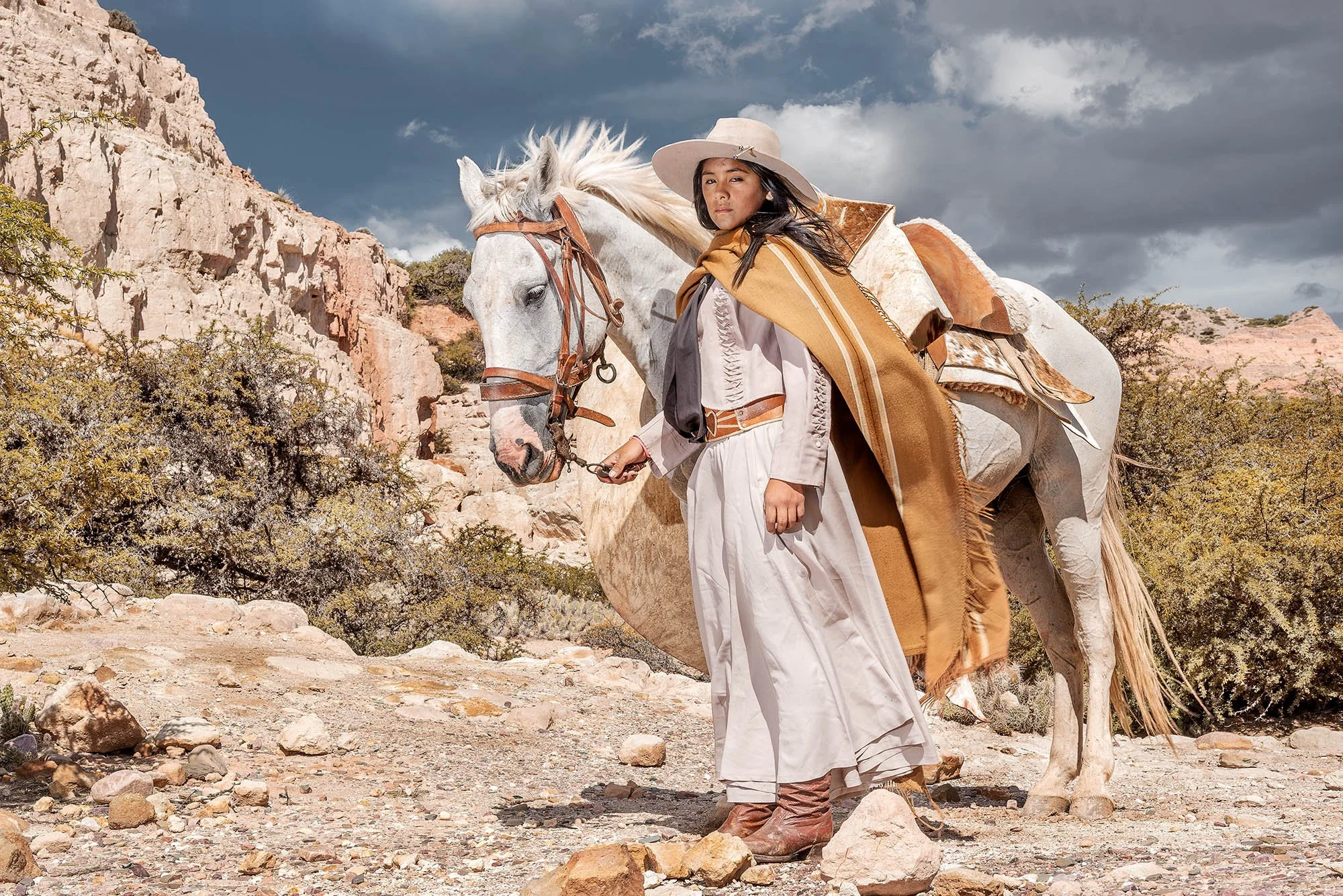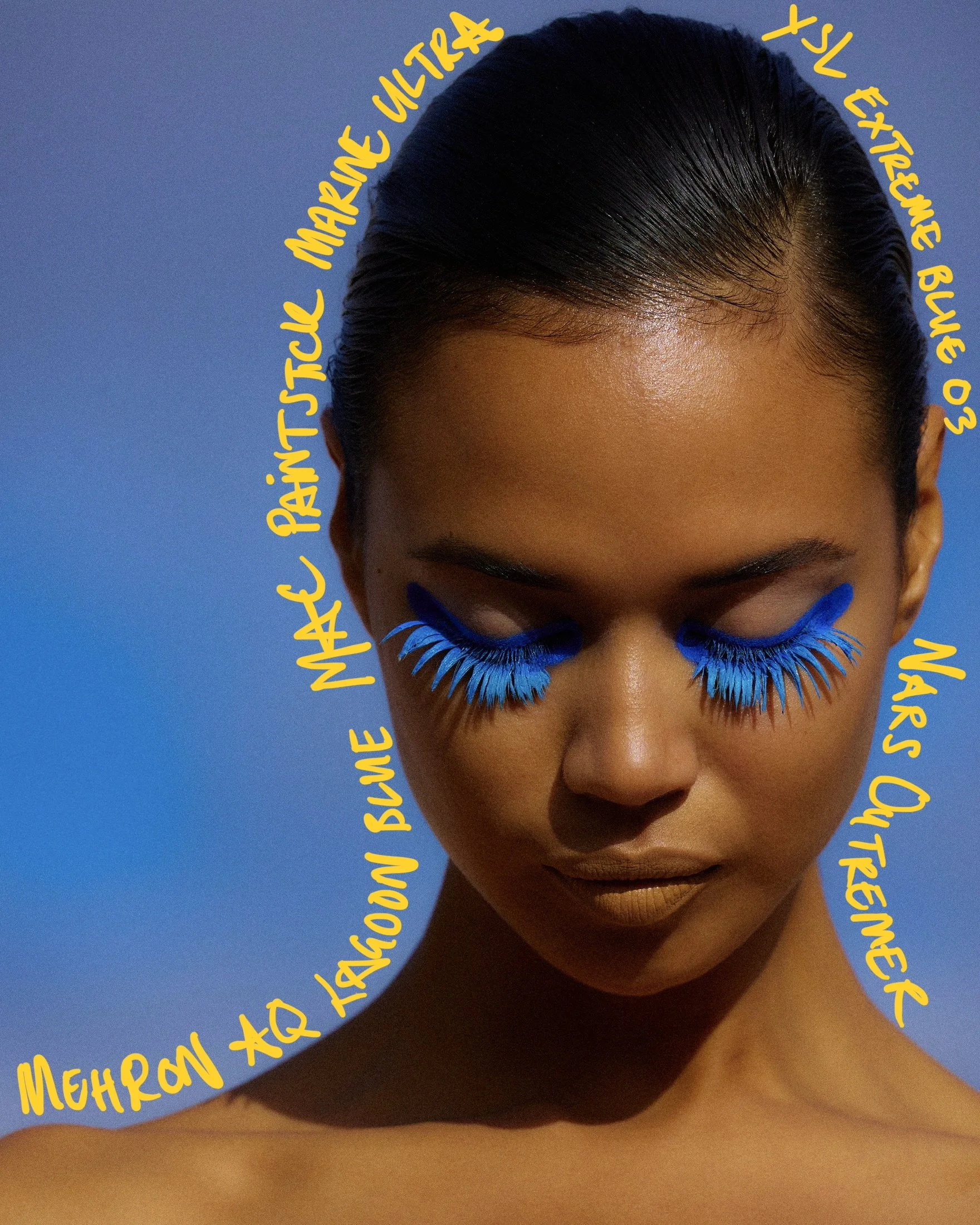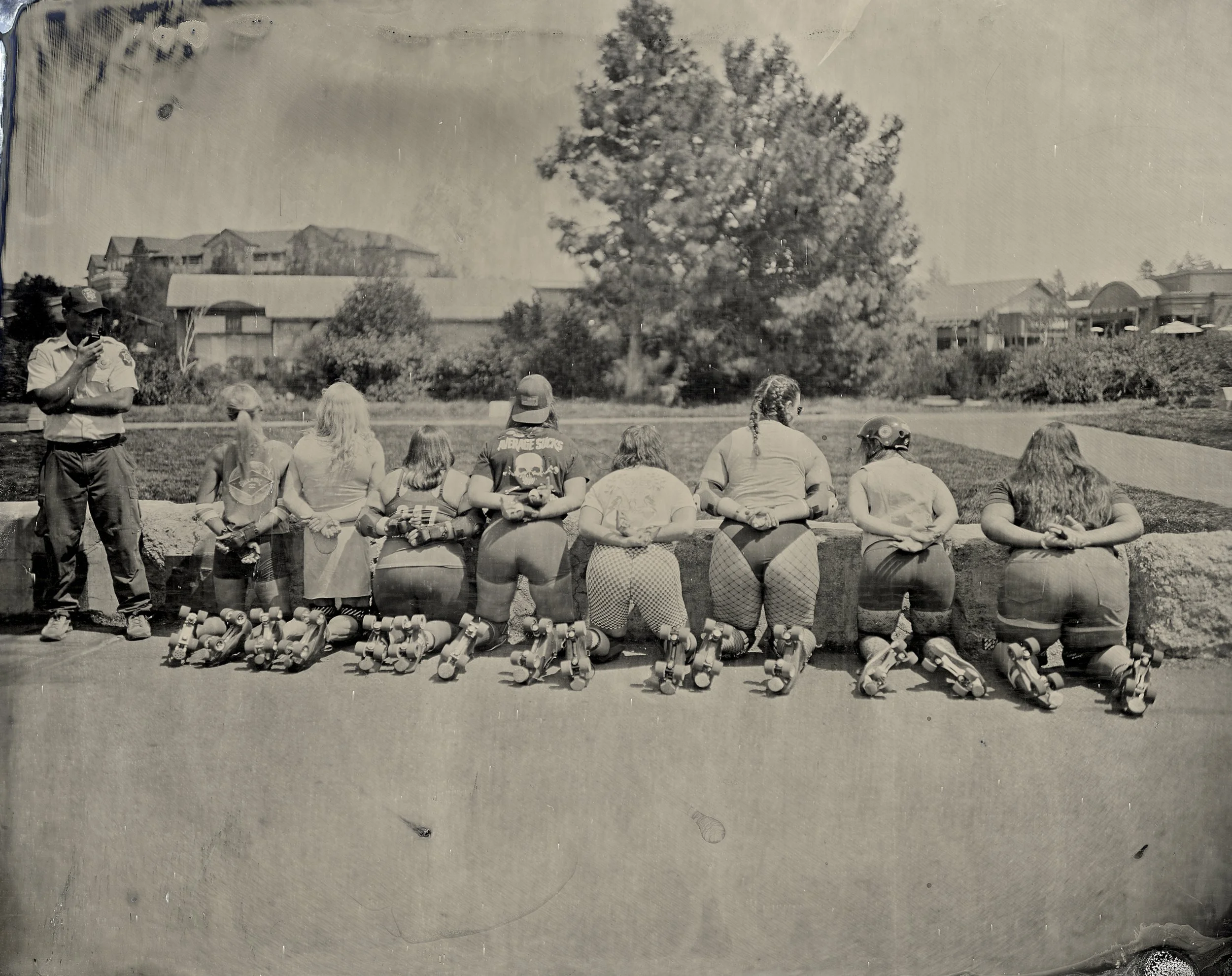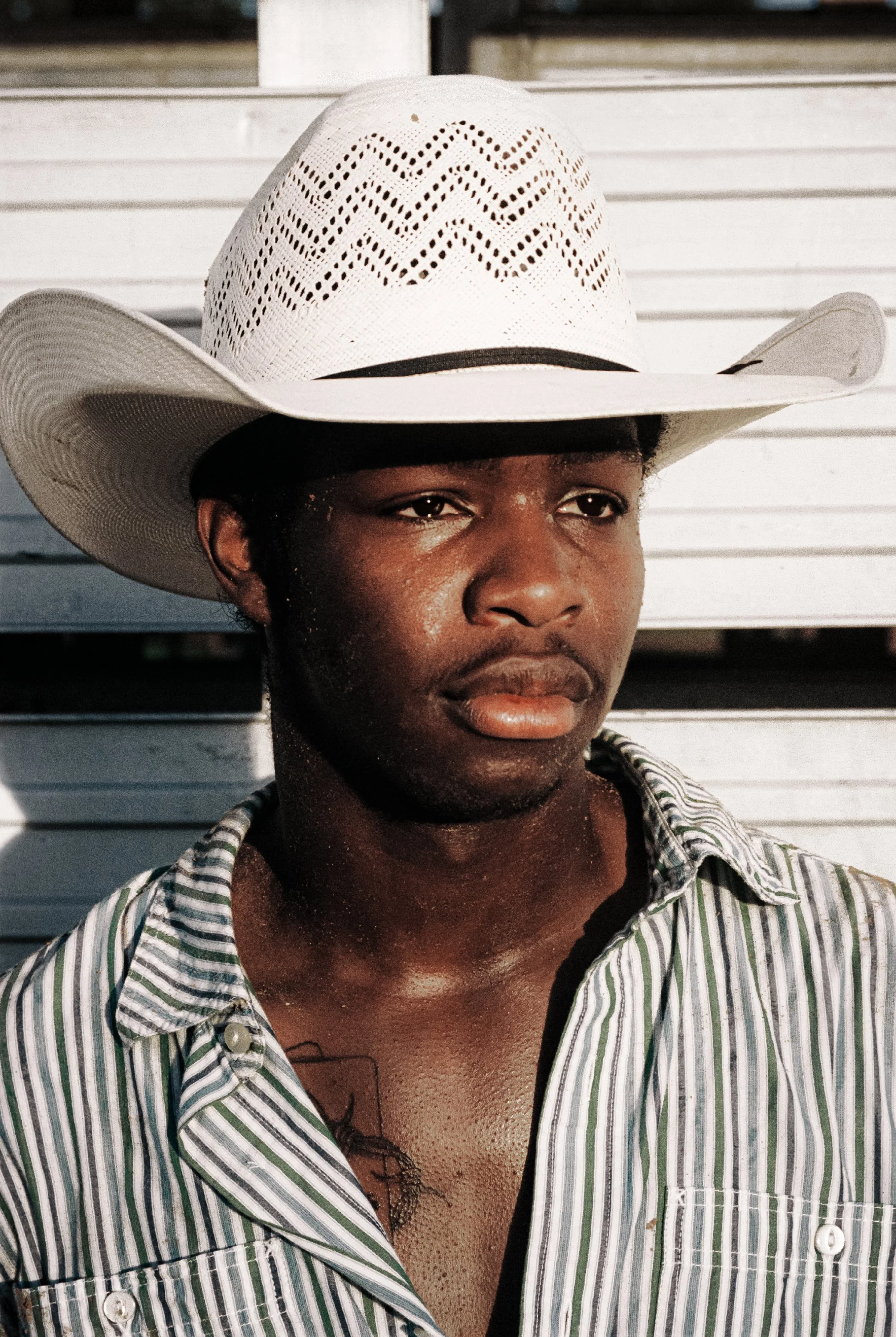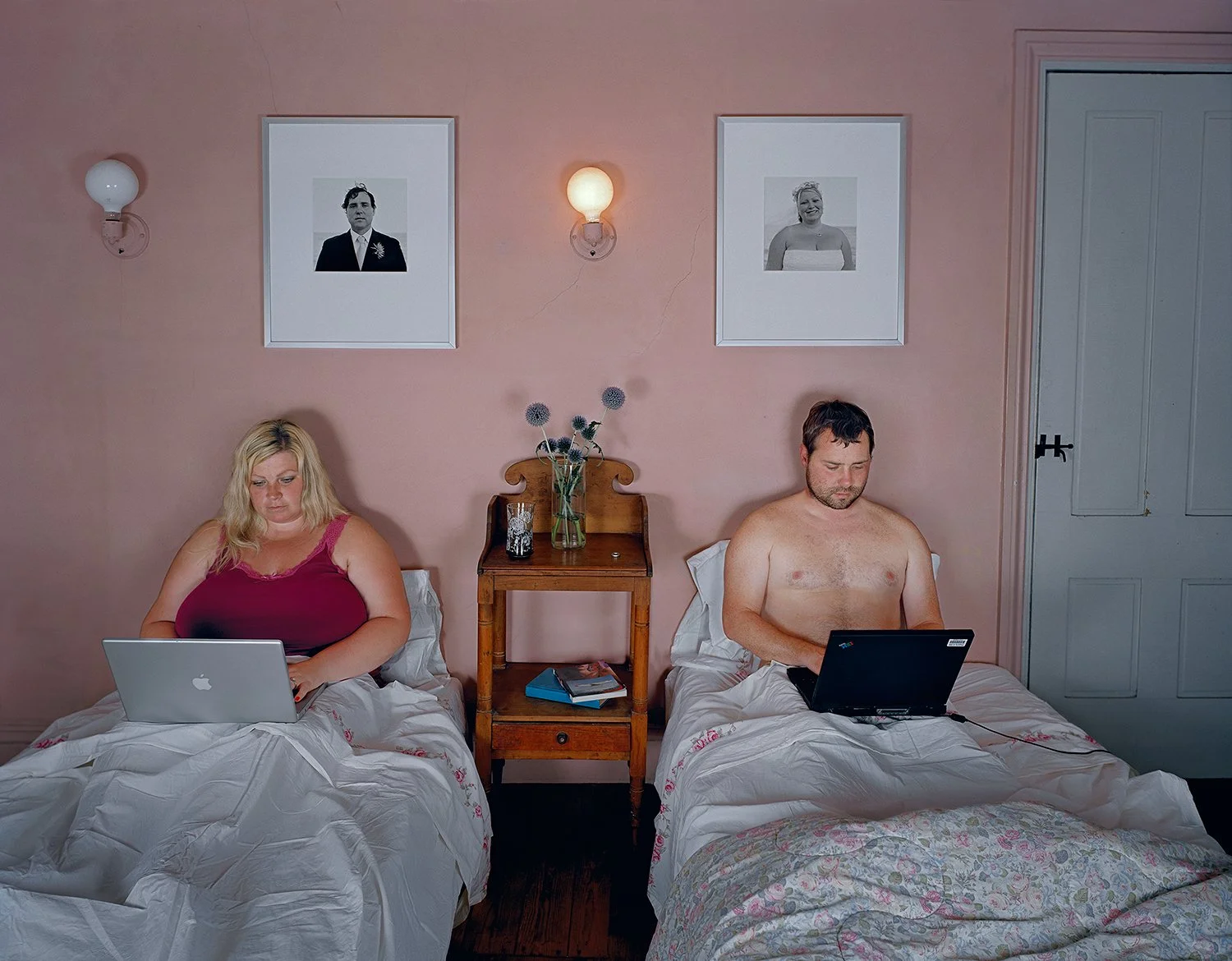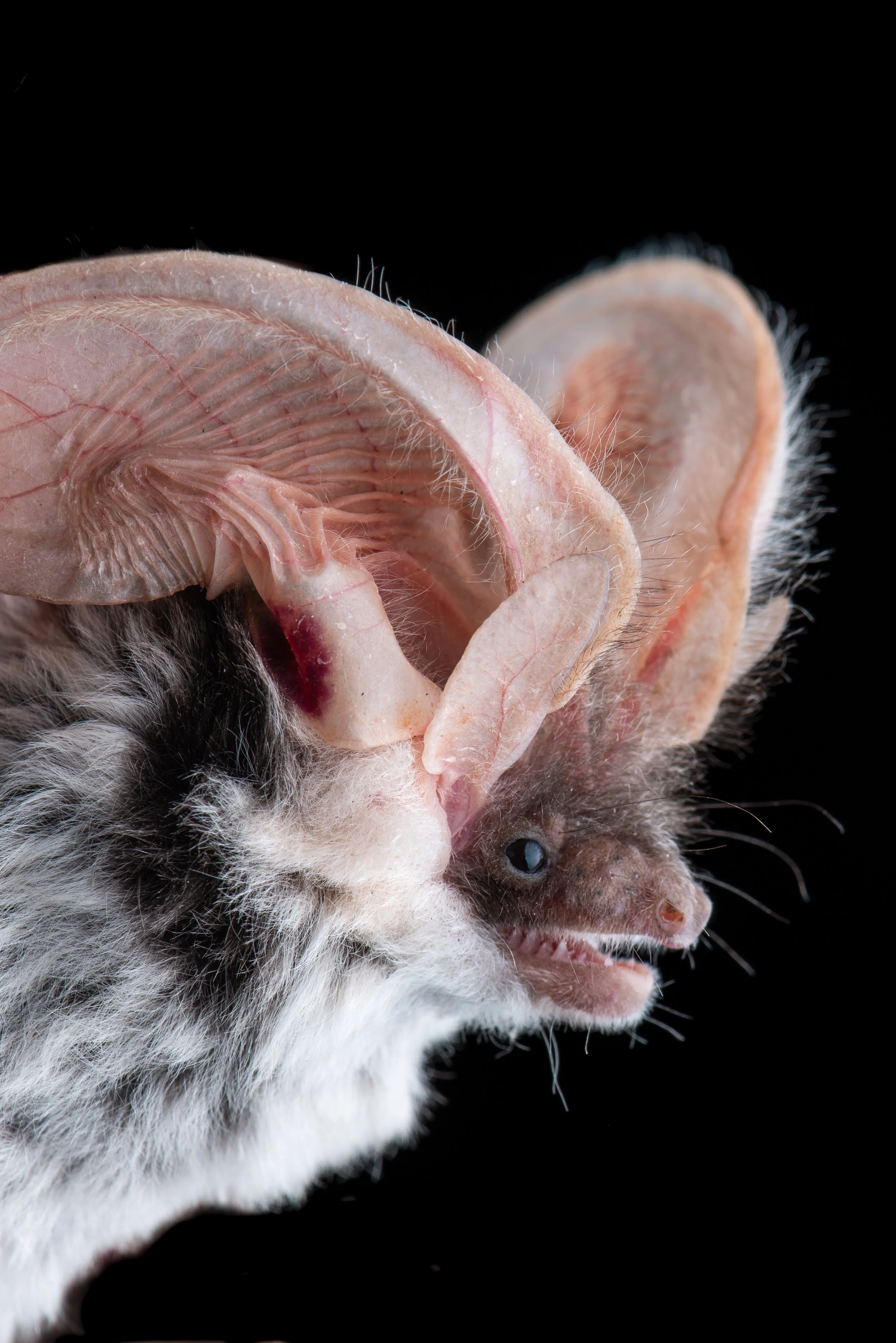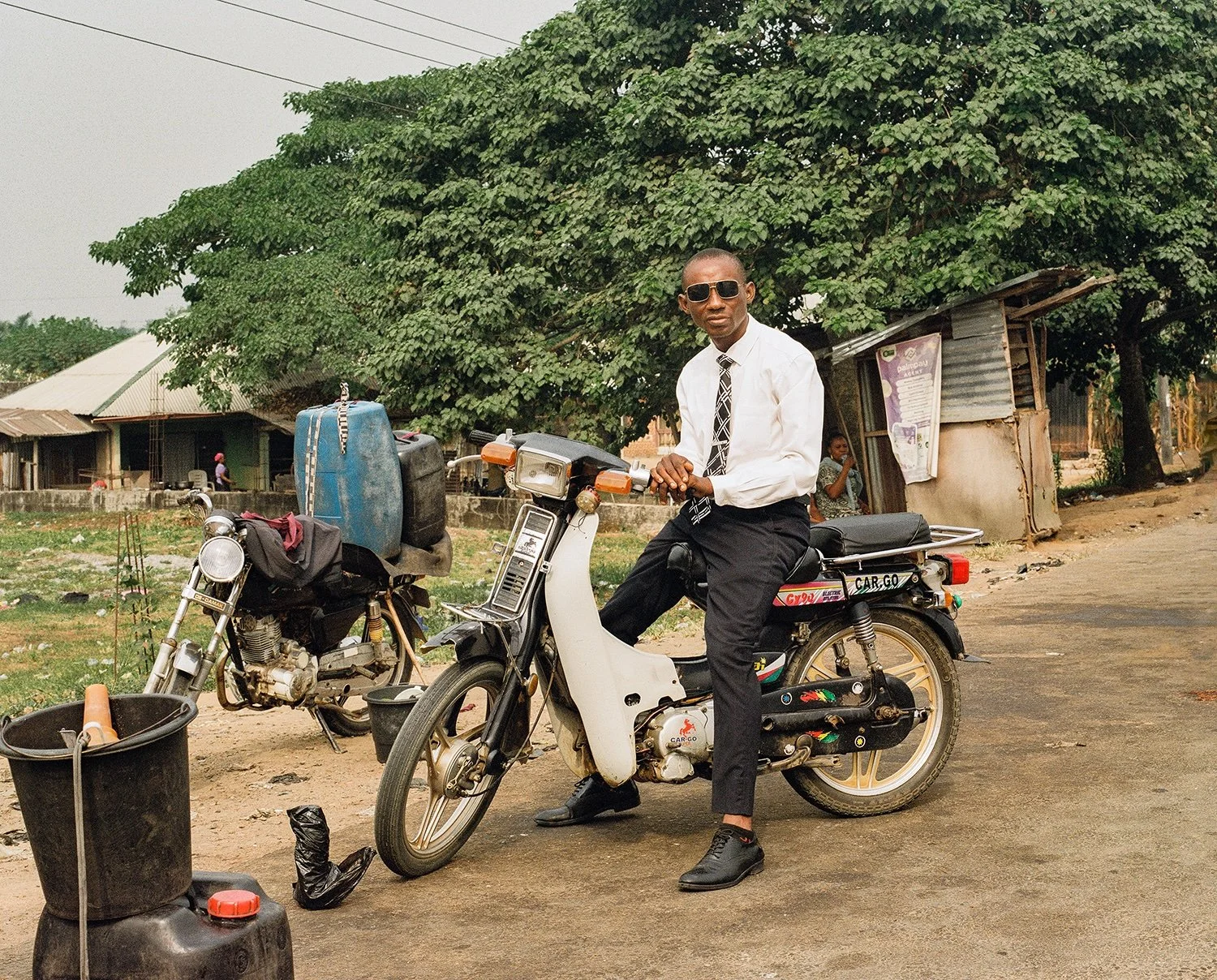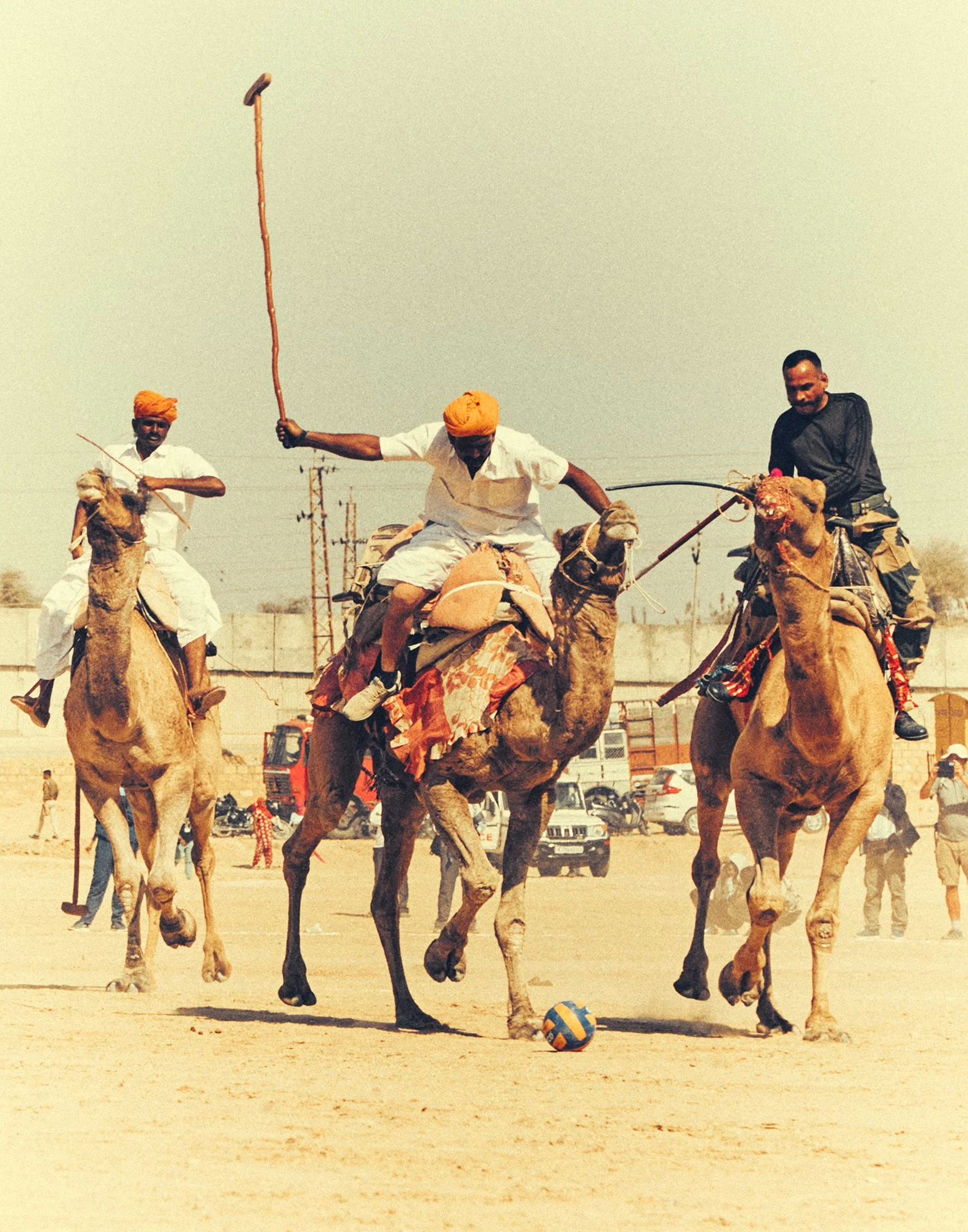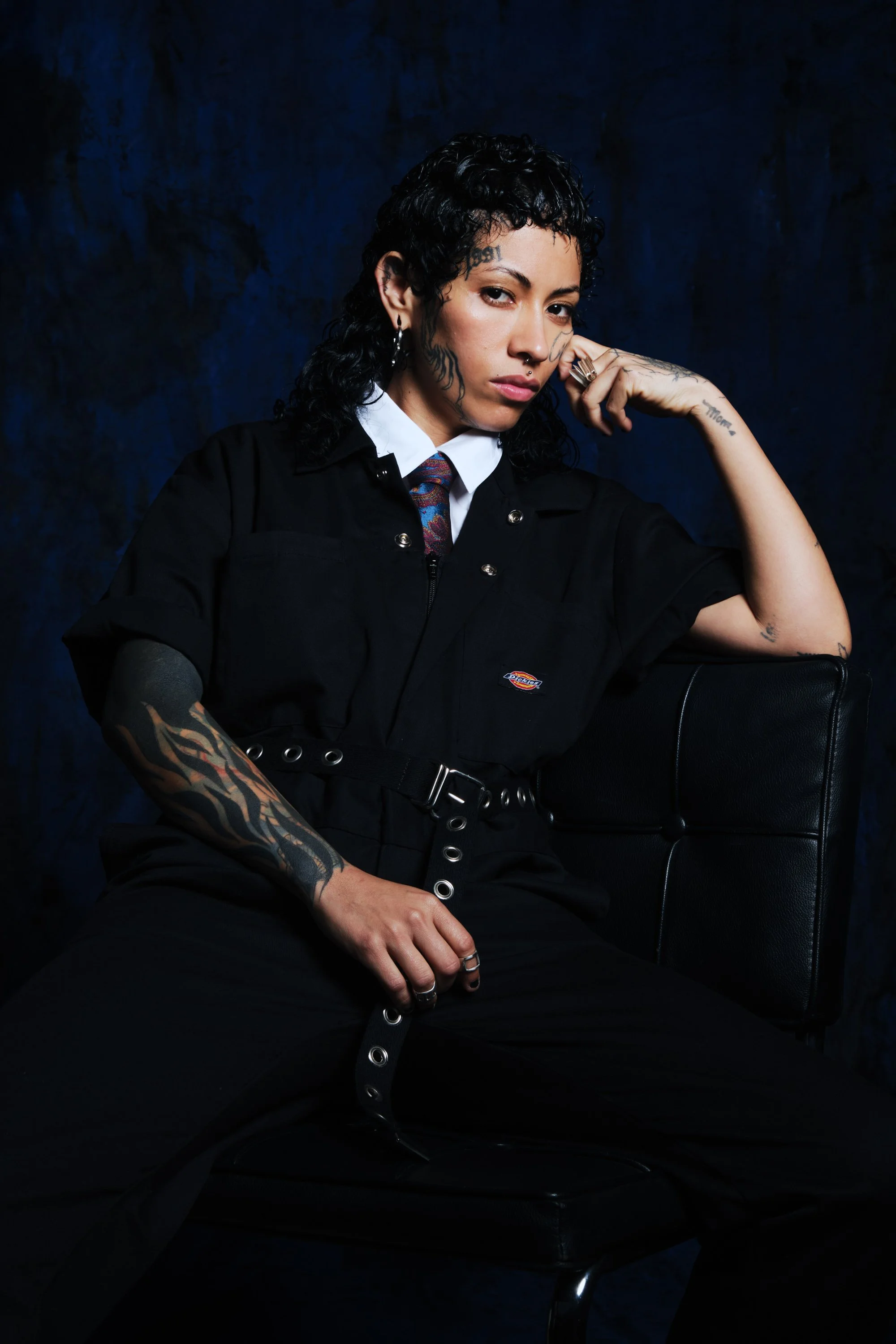No Woman’s Land
In No Woman’s Land, photojournalist Kiana Hayeri and researcher Mélissa Cornet travel through seven Afghan provinces to document women’s lives under Taliban rule. Through intimate portraits, interviews, and collaborative artworks, the book offers a vital record of gender-based persecution — and the extraordinary resistance of those living through it.
By Kiana Hayeri and Mélissa CornetKabul, Afghanistan. February 6, 2024. Mannequins covered in plastic reflect the ban on showing any representation of women in public.
© Kiana Hayeri for Fondation Carmignac
In 2024, photojournalist Kiana Hayeri and researcher Mélissa Cornet embarked on a journey across seven provinces in Afghanistan, interviewing over 100 women and girls to document their lives under Taliban rule. Their investigation sheds light on what Amnesty International has described as a possible crime against humanity of gender-based persecution.
They spoke with girls barred from attending school, women confined to their homes, journalists and activists fighting for their rights, mothers witnessing history repeat itself for their daughters, and LGBTQI+ individuals whose very existence is erased in silence. Through photography, testimony, and collaborative art, they expose the Taliban’s systematic dismantling of women’s most fundamental rights — education, work, freedom of movement, leisure, and access to everyday spaces like parks and beauty salons.
Structured in chapters, No Woman’s Land blends exclusive, never-before-seen photographs with archival material, Polaroid artworks, sketches, and pieces co-created with Afghan teenage girls. Beyond documenting a critical moment in history, the book stands as a testament to the courage and resilience of those living under repression.
Originally produced with the support of the Carmignac Photojournalism Award, the project has been presented through exhibitions and publications worldwide, receiving multiple international honours, including a World Press Photo Award, two Pictures of the Year International prizes, and an Amnesty International Media Award.
Kabul, Afghanistan, April 22, 2024. Shahla, 21, is a radio host. “Even laughter was banned. But we fight back, girls call us to say we give them hope.”
© Kiana Hayeri for Fondation Carmignac
Kabul, Afghanistan, April 20, 2024. Taliban flag flies over Wazir Akbar Khan hill, replacing the Republic’s tricolor flag.
© Kiana Hayeri for Fondation Carmignac
Kabul, Afghanistan, February 17, 2024. Despite the risks, this private school teaches 700 girls daily. They study in silence, leaving their bags at the gate, leaving discreetly, one by one.
© Kiana Hayeri for Fondation Carmignac
Patkheyl District, Zabul, Afghanistan, February 26, 2024. In heavy snow, a mobile health clinic reaches isolated villages.
© Kiana Hayeri for Fondation Carmignac
Drawing by Mélissa Cornet
Zibak, Badakhshan, Afghanistan, May 08, 2024. Girls below grade 6 play during recess. Above that age, classrooms vanish, but learning continues in
underground schools.
© Kiana Hayeri for Fondation Carmignac
Kabul, Afghanistan, April 24, 2024. A young woman applies henna to a friend’s hand. In quiet corners, beauty persists.
© Kiana Hayeri for Fondation Carmignac
Pre-order the book here: shop.nowomansland.com
About Kiana
She is an Iranian-Canadian photojournalist known for her long-term visual storytelling on migration, identity, and youth in conflict zones. Based in Kabul for nearly a decade, she has worked extensively across Afghanistan, documenting the impact of war and social change on everyday life. Her work has been published in major international outlets and exhibited globally. Hayeri is a recipient of numerous awards, including the Carmignac Photojournalism Award, World Press Photo prizes, and the Visa d’Or Feature Award at Visa pour l’Image.
To see more of his work, visit her website or follow her on Instagram
About Mélissa
She is a French researcher, writer, and advocate focused on gender, conflict, and human rights. She has spent over a decade working in Afghanistan with international NGOs and research organizations, documenting the experiences of Afghan women and marginalized communities under shifting political regimes. Cornet’s practice blends field research with storytelling, using interviews, drawings, and collaborative art to amplify the voices of those most affected by systemic oppression. She is the co-author and creative collaborator of No Woman’s Land, contributing texts, Polaroids, and drawings that deepen the project’s narrative and historical context.
To see more of her work, visit her website or follow her on Instagram
